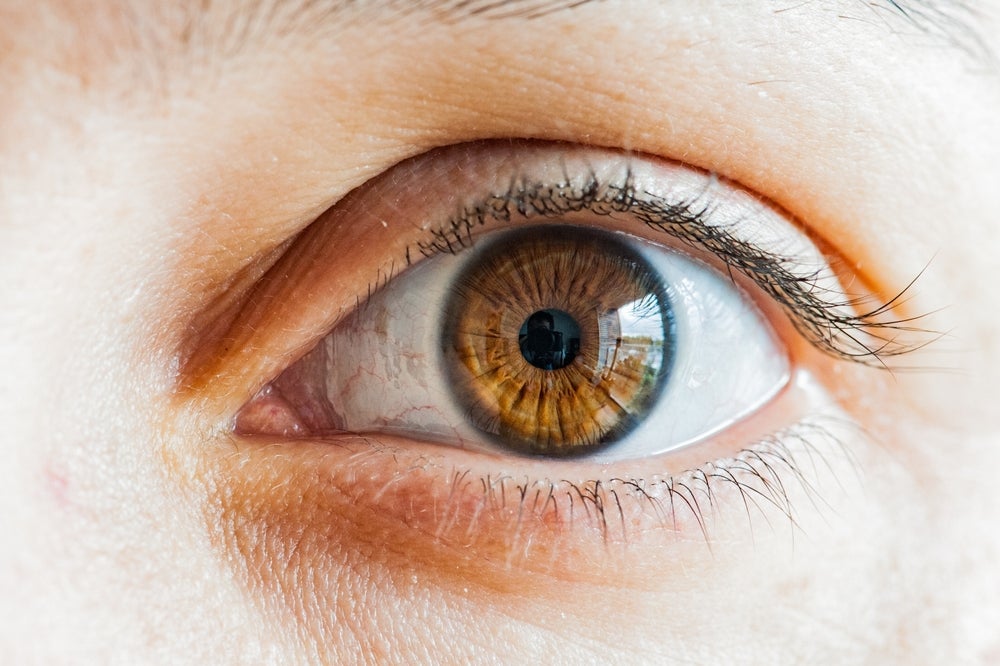
The US Food and Drug Administration (FDA) has authorised the marketing of Neurolutions’ IpsiHand Upper Extremity Rehabilitation System (IpsiHand System), which aids in rehabilitation for stroke patients with upper extremity (hand, wrist and arm) disability.
The system is a Brain-Computer-Interface (BCI) device and is indicated for use in patients aged 18 and above undergoing stroke rehabilitation to enable muscle re-education and preserve or boost the range of motion.
The approval comes after the FDA reviewed the IpsiHand System through the De Novo premarket review pathway.
Post-stroke rehabilitation helps patients to overcome disabilities resulting from stroke damage.
The IpsiHand System uses non-invasive electroencephalography (EEG) electrodes to record brain activity, rather than implanted electrodes or any invasive feature.
The EEG data is sent wirelessly to a tablet for evaluation of the intended muscle movement. A signal is then transmitted to a wireless electronic hand brace to move the hand of the patient.
How well do you really know your competitors?
Access the most comprehensive Company Profiles on the market, powered by GlobalData. Save hours of research. Gain competitive edge.

Thank you!
Your download email will arrive shortly
Not ready to buy yet? Download a free sample
We are confident about the unique quality of our Company Profiles. However, we want you to make the most beneficial decision for your business, so we offer a free sample that you can download by submitting the below form
By GlobalDataAvailable only with a prescription, the IpsiHand System may be used as part of rehabilitation therapy to aid in enhancing the grasping ability of stroke patients.
FDA office of neurological and physical medicine devices acting director Christopher Loftus said: “Thousands of stroke survivors require rehabilitation each year.
“Today’s authorisation offers certain chronic stroke patients undergoing stroke rehabilitation an additional treatment option to help them move their hands and arms again and fills an unmet need for patients who may not have access to home-based stroke rehabilitation technologies.”
The latest development is based on data on the safety and effectiveness of the device from an unblinded clinical study in 40 patients for 12 weeks.
Results showed that all the trial subjects had improved motor function on using the device.
Adverse effects such as minor fatigue, discomfort and temporary skin redness were reported in the study.




